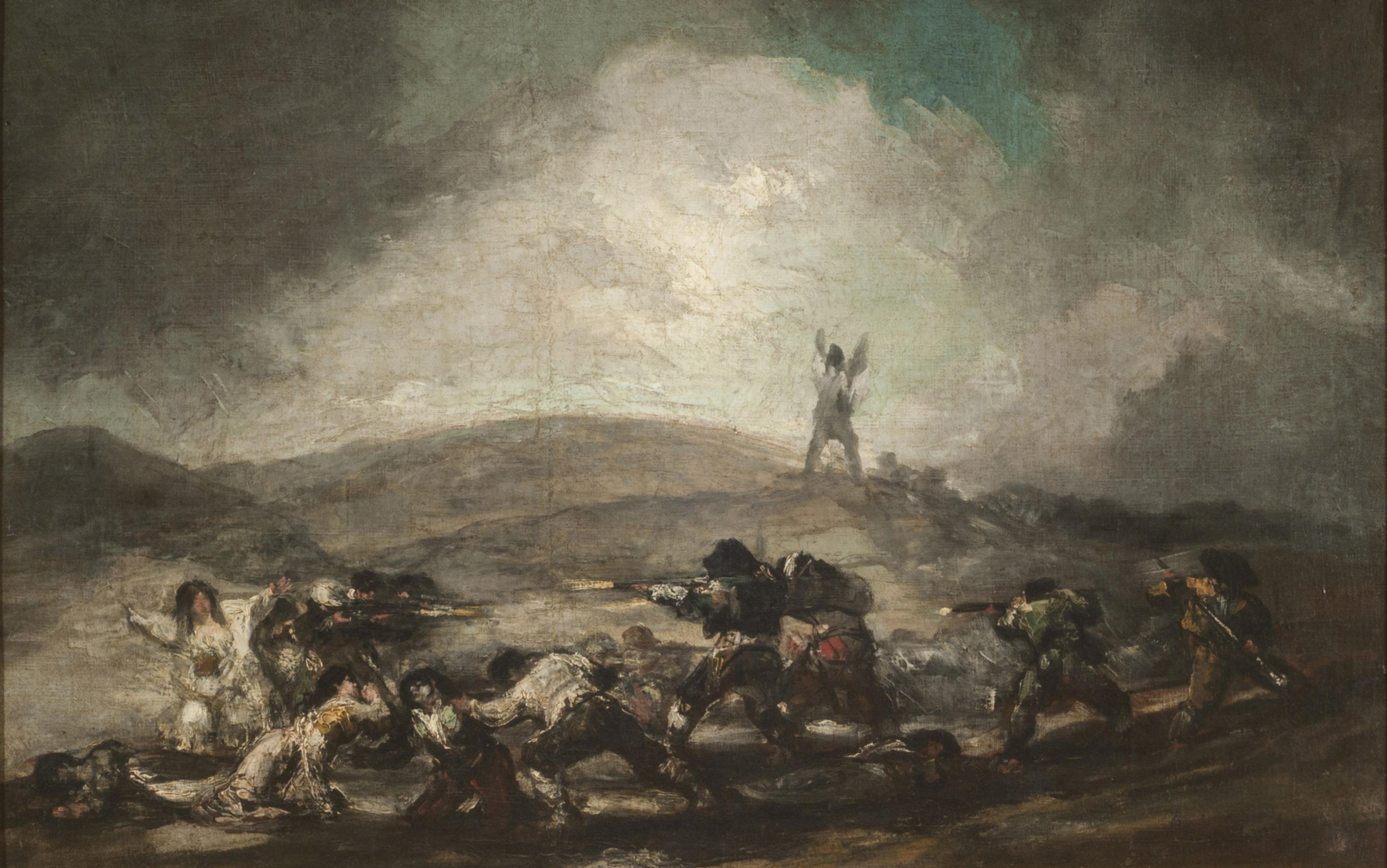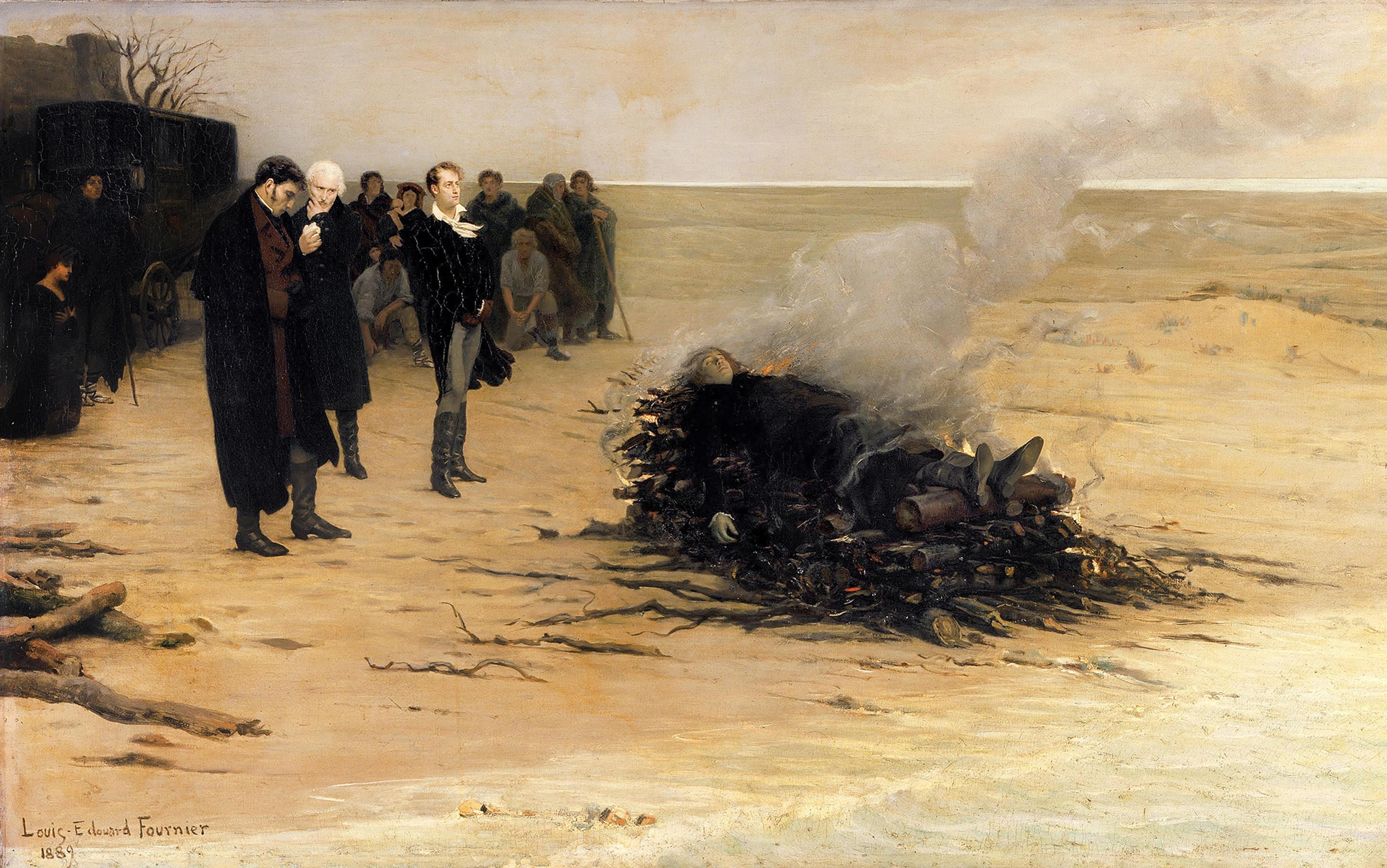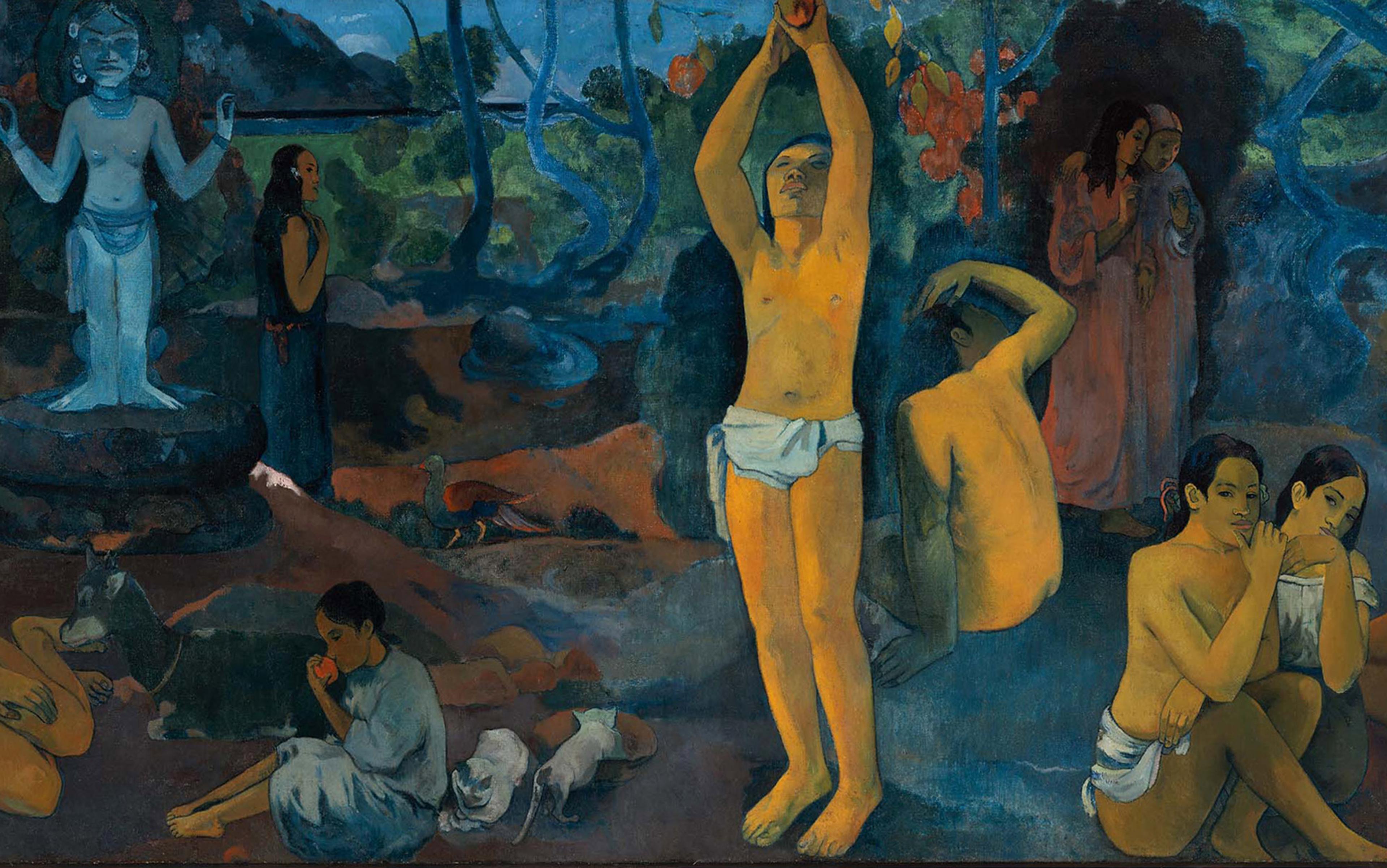Daniel Callcut
Freelance Writer and Philosopher, UK
Daniel Callcut is a freelance writer and philosopher. He is a former SIAS Fellow at Yale Law School. He has taught and published on a wide range of topics including the philosophy of love, the nature of value, media ethics, and the philosophy of psychiatry. He is the editor of Reading Bernard Williams (Routledge, 2008). He lives in Lincolnshire, United Kingdom.
Written by Daniel Callcut

essayEthics
Wrestling with relativism
Bernard Williams argued that one’s ethics is shaped by culture and history. But that doesn’t mean that everyone is right
Daniel Callcut

essayRituals and celebrations
Death by design
We can choose how we live – why not how we leave? A free society should allow dying to be more deliberate and imaginative
Daniel Callcut

ideaVirtues and vices
If anyone can see the morally unthinkable online, what then?
Daniel Callcut

essayVirtues and vices
Against moral sainthood
As philosopher Susan Wolf argues, life is far more meaningful and rich if we do not aim at being morally perfect
Daniel Callcut

essayHistory of ideas
What are we?
On Paul Gauguin, authenticity and the midlife crisis: how the philosopher Bernard Williams dramatised moral luck
Daniel Callcut